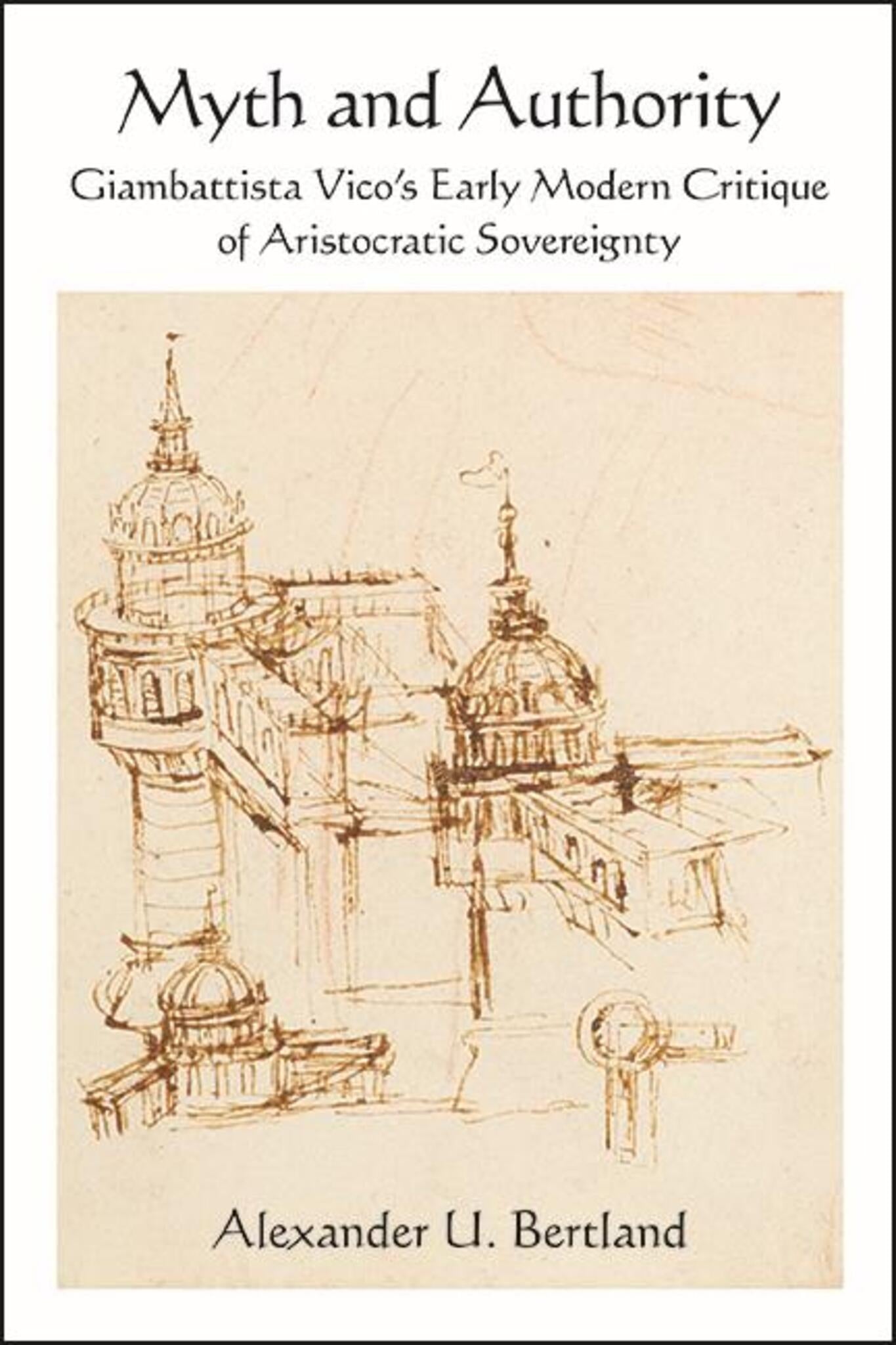We're sorry. An error has occurred
Please cancel or retry.
Myth and Authority

Some error occured while loading the Quick View. Please close the Quick View and try reloading the page.
Couldn't load pickup availability
- Format:
-
02 April 2023

Argues that Giambattista Vico's early modern account of Roman mythology was a sophisticated attempt to present an epistemological and political critique of the aristocratic way of conceiving the world.
Living in a province dominated by powerful oligarchs, Giambattista Vico (1668–1744) concluded that political philosophy should work to undermine aristocratic authority and prevent political devolution into feudalism. Rejecting the possibility that the free market could successfully instill civil behavior, he advocated for a strong central judicial system to work closely with citizens to promote stability and justice. This study puts Vico in conversation with other Enlightenment thinkers such as Locke, Rousseau, and Mandeville to show how his alternative warrants serious consideration. In contrast to scholars who read Vico's New Science as a defense of the imagination, this study casts his account of poetic wisdom politically as an epistemological critique of the aristocratic mentality. Myth and Authority argues that Vico's depiction of pagan religion is a refined attempt to explain how oligarchy maintains its stranglehold on power. While Western civilization did not follow the path Vico suggested, it may now be more relevant as concerns grow about the increasing influence of the wealthy on civil institutions.


"This is an exceptionally erudite and quite original historical-philosophical reconsideration of the original context and pith of Vico's thought. It strives to understand Vico's famed theory of poetic imagination as first and foremost a political critique of the entrenched interests of the Neapolitan aristocracy and to carve open space for juridical reform that widened the scope of interests that its economic and political structures served." — Jason M. Wirth, Seattle University
Acknowledgments
Abbreviations and Use of Sources
1. Approaching the New Science
2. Giambattista Vico: Early Modern Philosopher
3. Imaginative Universals
4. Feudalism
5. Secret Laws
6. The Roman Pantheon
7. Poetic Wisdom and Class Conflict
8. Is Vico Right?
Notes
Bibliography
Index



